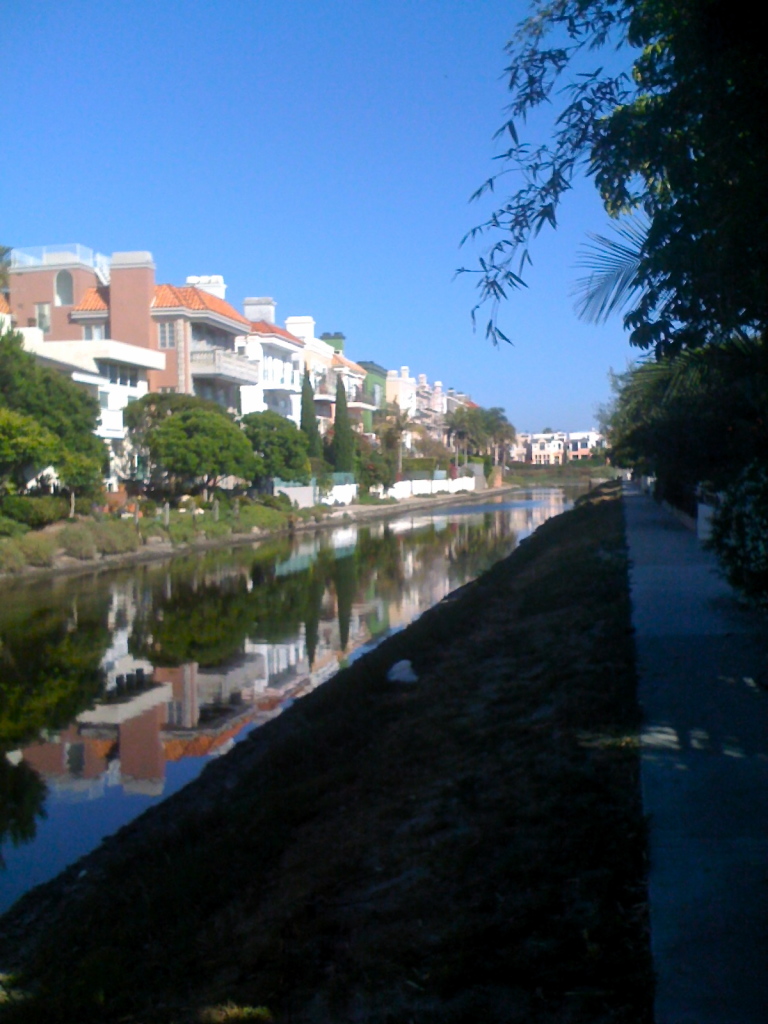 The chronic pain specialist effusively expressed gratitude for how much Reiki healing had helped his pain patient. Her pain improved 40%. He was amazed.
The chronic pain specialist effusively expressed gratitude for how much Reiki healing had helped his pain patient. Her pain improved 40%. He was amazed.
I was amazed. Not by the improvement. I was amazed by his gratitude.
I remembered his patient very well, a comely, anxious woman in her late 30s who had doubts about the success of a desired career change she was now in the midst of.
She had chronic shoulder and neck pain with limited range of motion in one arm. She came for a single Reiki healing session and joined my next First degree Reiki class so she could self-practice.
She arrived in class skeptical about being able to help herself. When the class ended three days later, she was noticing some benefit. After practicing eight to ten sessions in class and at home, she felt confident and motivated to continue regular self-practice.
I thought her pain and anxiety would have likely resolved with a few more sessions, so I didn’t include her among my success stories.
But I decided if she and her doctor were happy, I was happy.
And I scaled down my definition of success, at least for chronic pain. Any improvement is better than no improvement.
_________________
You can learn to practice self Reiki.
Stay in touch! Sign up for the email list.

Thank you so much for posting something about chronic pain. I have chronic migraines that have been passed down from generations of migraines on both sides. Yay genetics! While Reiki doesn’t ever stop a migraine while I’m doing a self treatment it helps me to relax and be with the pain better than I would if I didn’t have Reiki. During and after a treatment I am able to lower my pain levels some and sometimes minimize some of my other symptoms, which can make the difference between laying on my couch all day or actually getting something done.
But I think the biggest difference Reiki has made in my life with chronic migraines is that it’s allowing me to see some of the underlying factors that are exacerbating them. My husband and I moved from a toxic environment (apartment with heavy smoking neighbors) to a townhouse with non-smoking neighbors that has allowed me more low pain days. The biggest one being that even though at the moment I am currently sicker than I have been I think Reiki has shown me a BIG contributing factor… my blood sugar. I’ve really been stepping up my self treatments over the last couple months to help combat some extra stress and just last night I had a scary moment with very low blood sugar where I had to crawl into my kitchen to get some juice so I wouldn’t pass out, which gave me the impetus to call my doctor to make an appointment. With further research I’m realizing a lot of small symptoms I’ve been showing that have been flying under the radar that I’ve been passing off as medicine side effects really sound like hypoglycemia. Obviously I won’t know more until I get tests done, etc, but I really think that Reiki is helping me move towards balance and I wouldn’t be moving towards balance if I didn’t have that episode last night to look into my blood sugar. I eat well already and cook a lot of my own food but if I’m on the brink of low sugar anyway and need to REALLY alter my diet how would I know that unless my body tells me so.
It’s scary to think that unless someone understands that Reiki moves one’s body towards balance they may mistake this as a sign that the Reiki did this. But I know it didn’t. Looking back at my self treatment last night I spent an awful long time on my gut. Should be interesting to see how things unfold.
Thank you for this email, it’s so true that a Reiki treatment provides relief, but may not remove the source of the pain. I’ve read that holding onto stress exacerbates pain, and by having a regular spiritual practice, the stress can be released, and therefore also a certain percentage of the pain. I’ve experienced this myself, but still continue to go to physiotherapy for monitoring and support with my muscular issues!
It’s important to be clear that Reiki treatment is not a cure for all things.
Wonderful post Pamela, thank you.
Abby
Reiki isn’t a cure for anything; it’s a practice that helps us restore and maintain balance throughout our being.
When our systems are balanced, they function better and our self-healing mechanisms are optimized. That means it is more likely that we can go beyond coping to actual healing.
We will still need other care, especially if we persist in behavior patterns (poor eating habits, lack of exercise, mental/emotional prejudice, etc.), live in toxic environments, or manage relationships in ways that are unbalancing (not a comment on anyone in particular, but rather a general statement).
Your post illustrates so beautifully how Reiki treatment can help improve quality of life for someone living with chronic pain, while also cautioning that chronic pain is complex, and may require several different therapies (conventional or complementary) in order to address the underlying issues and help the person become more aware of what she can do to take responsibility for her own well-being.
Like Rose mentions above, I have lived with chronic pain too. It was chronic cervical pain that led me to Reiki. My issue is congenital and degenerative, so it is not going to be cured, but it can be effectively managed now to where I don’t experience pain regularly. What my Reiki practice showed me was that I – and no one else – was responsible for my well-being (Reiki being one of those tools I use) and providing me with the clarity to make changes in my lifestyle to support the other treatments or approaches I was taking to manage pain. As a result, when I do have a flare-up, it resolves more easily. If it doesn’t, it means I need to look deeper as to why the pain is persistent, or what I can do to address the root cause.
That realization was life-changing for me, and was one of the greatest gifts I have received from Reiki practice.
That is powerful! Thank you for sharing. Gratitude is the attitude! The degree of healing is certainly going to be determined by how much the receiver is open to change. Sometimes just allowing it can be so challenging when we are used to resisting out of fear.
Elaine, are you so sure that, as you wrote, “The degree of healing is certainly going to be determined by how much the receiver is open to change”?
I hesitate to use the word “certainly” in conjunction with healing, which is individual, complex, and constantly changing.
And what about people who have irreversible conditions?
You make an important point, Rose. We want to be careful of assuming that Reiki treatment only is all that is needed. Reiki practice is a good place to start in that it usually brings at least some comfort and often helps the person sense what therapy might be most appropriate. The balancing effect of Reiki treatment often clarifies the picture so that it is easier for professionals to identify an underlying perhaps structural problem.
This is an interesting topic for me as I’ve suffered from chronic back/hip/leg pain for years. Almost every time I gave myself reiki, I found myself heaving big sighs whenever I touched these areas, and I sensed something healing was happening. Usually, afterwards, I felt calmer and perhaps better able to endure the discomfort, so I trusted there was real value in the reiki. But the pain never decreased. It’s only been since finally finding the RIGHT chiropractor who seems to know what’s really going on with me that I’ve been finding real pain relief–and now I’m not sighing so much during my practice sessions. :-)